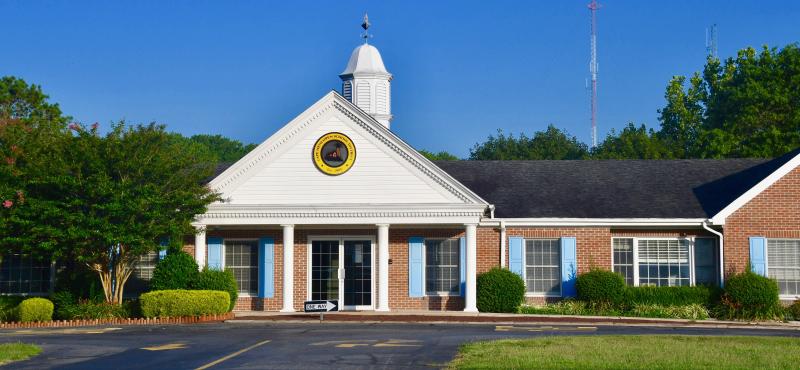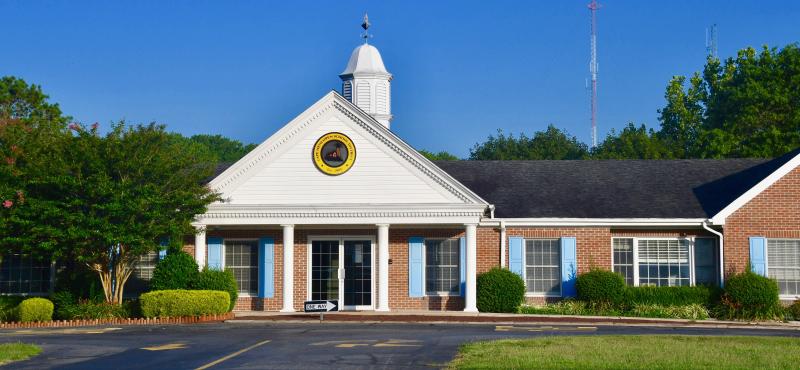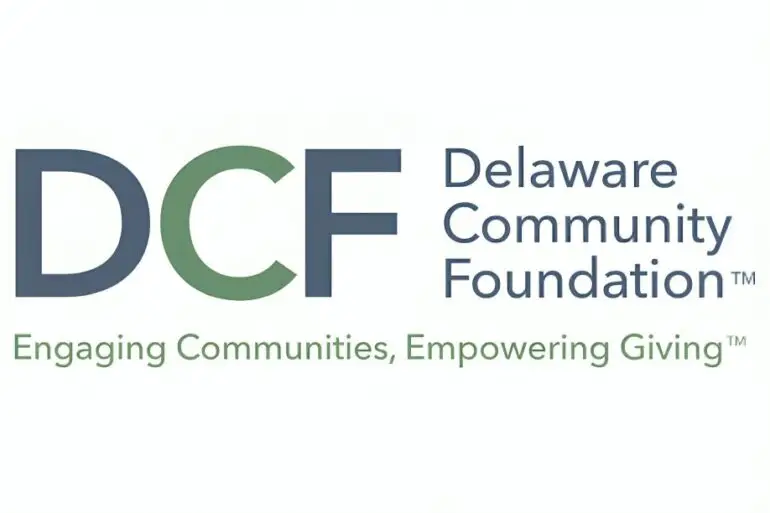-
 play_arrow
play_arrow
Radio Rehoboth

If a voluntary school assessment existed in Sussex County as in Kent and New Castle counties, Cape could have received $35 million for new construction projects – a sum equivalent to the cost of one new elementary school – over the past 10 years to address growth from new housing developments.
Instead, the district received $0 to address capacity issues resulting from increasing enrollment, just like every other school district in Sussex County.
However, New Castle County has had a VSA since 1999 and Kent County has had a school impact fee since 2006. Such programs require residential developers to donate land or pay a one-time fee per unit to the affected district. Funds are held in accounts and released when districts have a capacity building project.
To address the disparity, Sen. Russ Huxtable, D-Lewes, spearheaded Senate Bill 186, enabling the county to enact a VSA. In June, the bill passed the Senate 18-2 with one absent and the House 39-1 with one absent before it was signed into law by the governor Sept. 14.
The VSA would only apply to new developments and would exclude low-income housing and over-55 communities, Huxtable said during a Nov. 21 interview, noting that such programs also exist in other states.
It will help schools and children and keep taxes in check, Huxtable said. It can be viewed as a fee or tax, he said, but the fact remains residents in New Castle and Kent get the benefit while those in Sussex don’t.
The same developers in Sussex also build homes in New Castle and Kent where VSAs and impact fees are required, Huxtable said.
“It’s not stopping them,” he said. “It hasn’t been an impediment. I don’t think a house listed at $800,000 won’t sell for $802,000.”
The state did the job and enacted the tool, Huxtable said.
“Now it’s the job of the constituents, school districts and folks to speak to their county council person and say, ‘hey, we’d like this tool,’” he said.
District superintendents react
To show support for the bill, Sussex school district boards, including Cape, Delmar, Indian River and Milford, submitted resolutions to county council urging them to implement the VSA.
School leaders say the enactment of the VSA would save Sussex taxpayers money any time a school is built or expanded.
Indian River Superintendent Jay Owens said he also drafted a letter to council in September stating the importance of the VSA and the positive impact it could have on the district.
“In the past decade, we have struggled with increased student enrollment and capacity issues in our schools due to population growth,” Owens said by email Nov. 21. “This is the primary reason we are constructing a new Sussex Central High School building north of Millsboro.”
The existing high school will eventually be converted into a middle school. Then the existing middle school in Millsboro will be converted into an additional elementary school, Owens said.
Market fluctuations and supply-chain issues caused by COVID have resulted in the Sussex Central construction project coming in millions of dollars over budget, a shortfall the district is struggling to make up, Owens said.
“Enactment of the VSA could help us close this gap while lessening the burden on our district taxpayers,” he said. “It is also important to note that the new fees would be passed on to new homeowners in large subdivisions. This will keep the full tax burden from being placed on our existing residents.”
On Nov. 22, Delmar Superintendent Andy O’Neal said he has not received a response from council.
“If implemented it definitely would help the Delmar School District community,” O’Neal said. “Any additional increase in funds that we can receive is a benefit for our students, staff, families and community members. It would help to provide more educational opportunities for the students in our district.”
Milford School District Chief Operating Officer Sara Hale said one or two council members acknowledged receiving the board’s resolution, but there has not been any additional action.
“The VSA program would be greatly beneficial to our school district community,” Hale said by email Nov. 21. “As a growing district, we anticipate further needs caused by the influx of development in our district boundaries.”
Cape Superintendent Bob Fulton said during a Nov. 21 interview that he is not opposed to growth and that he understands the many reasons why people would want to move to the Cape Region.
But, he said, it would be nice to have the support and funds that Kent and New Castle schools do when developing projects to meet capacity needs for students and staff. Fulton said council has the opportunity to level the playing field across the state and limit the financial impact on its citizens.
“To me, it seems like a basic no-brainer decision to give our taxpayers the same opportunity as other districts in the state, which is lower taxes,” Fulton said.
Building is not slowing down in the Cape Region, Fulton said, so a VSA would help taxpayers because districts going to referendum to build new schools or additions could ask for a lesser amount from taxpayers.
“This will only help people,” Fulton said. “We want to get this implemented so we can minimize any future impacts from development and people moving here. This seems to be a fair and reasonable proposal. There’s no downside for anyone who lives here.”
Additionally, he said, the cost of building Fred Thomas Middle School increased after initial estimates because of market pressure. In New Castle and Kent counties, he said, districts are able to tap into VSA funds when facing market pressure, while schools in Sussex are not.
“So it definitely impacts our community, our taxpayers, in a negative way, and the fact that the other counties have this and we don’t is really unfair,” Fulton said. “It’s a better situation for kids if we have this and have to build schools to make them less crowded. It’s a win-win to me.”
Referring to information provided by Cape Director of Finance Oliver Gumbs at the Sept. 14 board meeting, Fulton said Gumbs estimated, based on issued building permits in the Cape Region only, that the district could have collected $7.6 million in assessments since Jan. 1, 2022. To arrive at that number, Gumbs estimated the VSA would apply to half of all issued permits at a rate of $6,000 per permit.
In his presentation, Gumbs provided data showing that 11,599 building permits were issued in the Cape Region from 2013 through Sept. 14, 2023. Using the same methodology in calculation, the district could have collected $34.8 million in assessments to assist with school projects over the past 10 years.
The district’s most recently completed building, Lewes Elementary, opened in April 2022 at a cost of $38 million.
Council members did not respond to emails sent via the county website Nov. 21 asking for reasons whether or not they would introduce discussions and possible action on implementing the VSA authorized by the governor. On Nov. 27, County Communications Director Chip Guy stated in an email that council plans to discuss the matter at an upcoming meeting, which he said should provide some insight to the county’s position on the issue.
“We’re shooting for December, but that’s subject to change,” Guy said. “So keep an eye on the agendas.”
County council agendas are posted at sussexcountyde.gov.
Go to Source:https://www.capegazette.com/article/school-officials-assessment-no-brainer/267878
Author: Ellen Driscoll
Written by: RSS
Similar posts
-

Daybreak Morning Show
Hosted by Jeff Balk
Join Jeff Balk for all the news and information you need to know to start your day and enjoy your stay in Rehoboth Beach, Dewey Beach and the Lewes areas with special featured guests from our non-profits, businesses and art communities.
close Chart
Top popular

News Briefs 10/17/23
Board of Commissioners Workshop & Special Meeting – November 6

Six Sussex road projects considered in latest CTP
NFL Week 17 highlights: Packers, 49ers, Saints, Steelers win, Cardinals stun Eagles
Knicks vs. Cavaliers prediction, odds, line, spread, time: 2023 NBA picks, Nov. 1 best bets from proven model
Copyright 2023 East Sussex Public Broadcasting, Inc.





